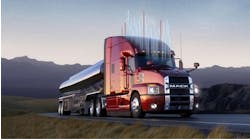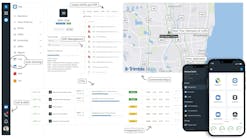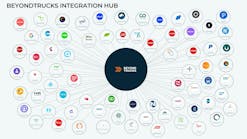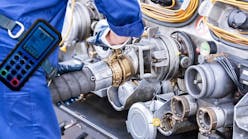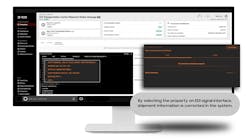Mansfield Energy recently formed a partnership with Microsoft as part of its digital vision to simplify the North American fuel supply chain.
Mansfield said its digital vision includes leveraging Microsoft’s advanced business platforms, customized by Mansfield, to transform the fuel-buying experience into an efficient, digitally enabled process.
“As we continue accelerating Mansfield’s digital strategy, we are excited to partner with Microsoft to support our ambitious transformation program,” said Greg Allarding, Mansfield’s chief information officer. “By leveraging Microsoft’s array of leading-edge technologies, we can better integrate the entire fuel value chain, connecting customers, vendor partners and employees.”
Mansfield has invested heavily in its digital footprint for many years, the company said, including its state-of-the-art order management and optimization system, Entinuum, its D1 Connect platform for digital collaboration with delivery partners, its new Mansfield Data Analytics Platform (MDAP) and, most recently, the release of its newest version of FuelNet, the most advanced customer portal technology in the fuel-delivery sector.
Mansfield also provides specialized training to customers on integrating fuel data insights into their purchasing program. From installing systems and processes and capturing accurate data to converting data into action, Mansfield has webinars and in-person training available for its customers to take advantage of its digital expertise.
“Our customers are growing in sophistication, and their fuel programs must keep pace,” said Blake Young, Mansfield president. “By extending our digital supply chain footprint—coupled with advanced data analytics capabilities—to our delivery partners and customers, Mansfield can offer a unique blend of products, services, and insights to customers that is unmatched in the industry. Mansfield’s bold vision of touchless fuel transaction management, from order to delivery to reporting, will provide the analytics customers need to control fuel costs, reduce fuel consumption, and manage their carbon footprint.”
